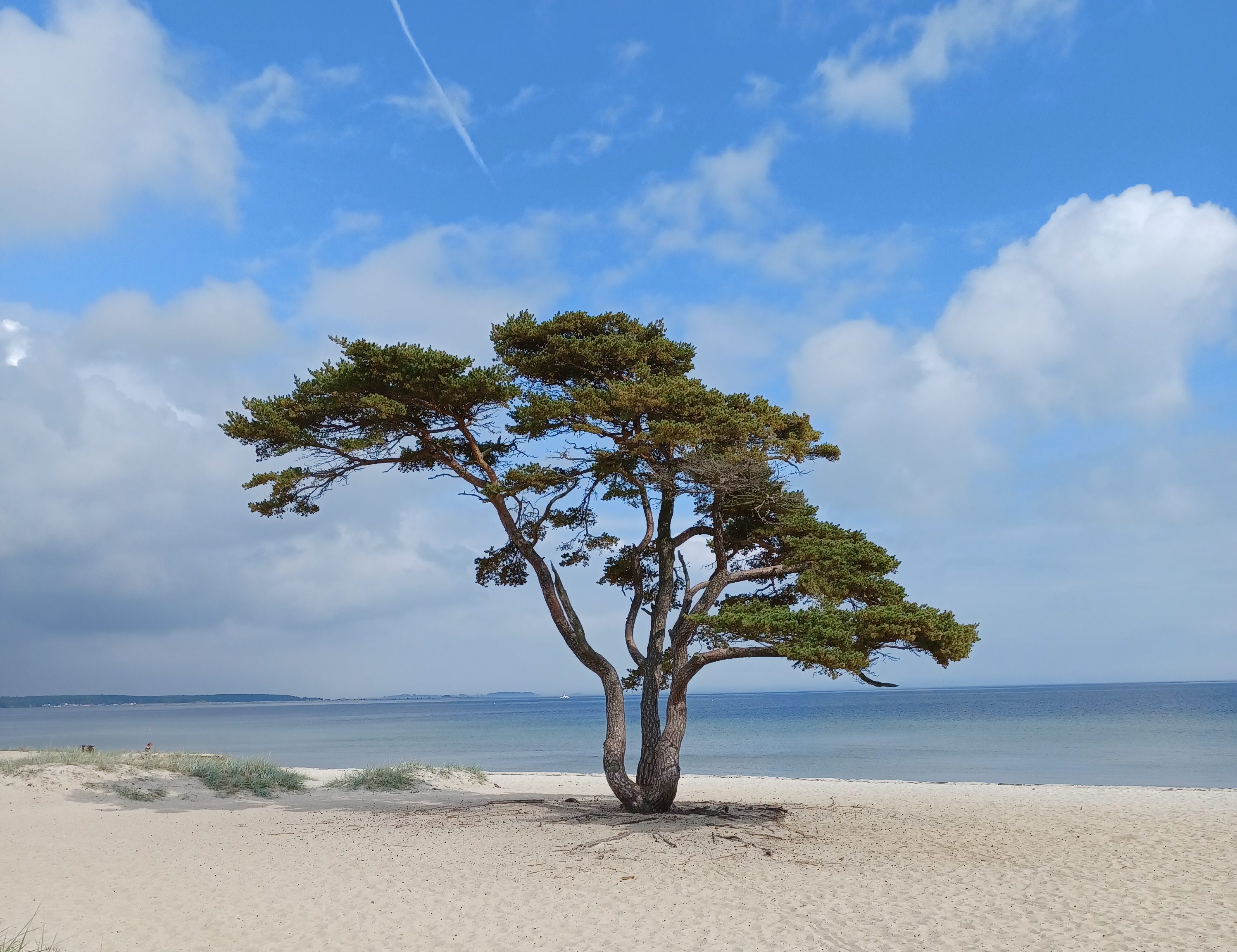
The Cyclical Nature of Gangs and its Impact on Society
by bernt & torsten
Throughout history, gangs have been a part of our society. They have woven their influences across the globe, which tends to strengthen when times are tough. When the financial crisis hits, their violent crimes escalate, and when the economy bounces back, they seem to co-exist with their hunting grounds.
This cycle of gaining wealth through illegal activities - drug trade, gambling, and fraud - redefines the socio-economic balances and deeply affects us all. But the question we need to ask is, why does this cyclic recurrence happen?
We need to look at our complicated economic structure to understand this phenomenon.
Market Dynamics
Predators and Prey The global financial pool isn't bottomless. After the top 1% have claimed their substantial share, the rest is left for the "average people" who struggle daily to make ends meet.
These individuals, who work tirelessly to earn their salaries, indirectly become prime targets for legal and nefarious organizations. The legal entities are the conventional service providers - electricity, water, rental corporations - and, of course, the banks.
On the other hand, the illegitimate predators are the various global gangs scheming to gain a portion of these wages, and often, they succeed. Political Influence: The Balancer or The Disruptor? Our socioeconomic structure is further complicated when politics come into play.
The oscillation between left and right-wing governments significantly impacts the distribution of wealth. Government policies that cut funds for welfare, schools, hospitals, and sports organizations force young people into difficult choices. Often, those from marginalized families struggling to make ends meet choose to align with gangs rather than pursue an education.
As job opportunities dwindle due to economic challenges, coupled with government decisions to reduce welfare, the world is gradually sliding into increased violence and poverty, favoring only the top 1%.
The Global Scenario
A Bleak Outlook or A Call for Change?
With newer technologies and policies favoring the 1%, the world is heading towards a socio-economic crisis where a large number of people risk being left outside societal norms, a process that began in the late '80s. Right-wing parties, capitalizing on this trend, are quick to blame immigrants, wishing to expel those not native-born, especially the ones convicted of crimes.
This transitory phase is fraught with social and economic challenges that will take decades to address.
The Most Significant Threat:
Climate Change Amidst these problems, we face an even more significant and more impending threat - climate change. We need to rally together to fight this existential crisis for our survival. Prosperity won’t matter if our planet is unsustainable. The solution lies in restructuring political systems. Our business models must evolve from a fossil fuel-dependent capitalist economy to resourceful ones that harness the sustainable power of wind, sun, thermal energy, and water.
We must create jobs that support this shift while devising mechanisms to share our global wealth more equitably, thereby reducing the appeal of illegitimate paths to wealth acquisition. Indeed, it is the time for societal transformation, a move towards surviving and thriving. It is a pivot that demands all hands on deck, from politicians to policy-makers, tech companies to average individuals. Together, we can reshape our world for a better, more sustainable future.

Nationalkapitalism
I takt med att regeringar med nationalistiska eller auktoritära tendenser stärker...

How Democracy is Enslaving Us
The Digital Ensnarement: How Democracy is Enslaving Us
In the modern era, democracy...

Tech’s New Playbook: Performance-Based Layoffs and the NFL Model
Tech’s New Playbook: Performance-Based Layoffs and the NFL...